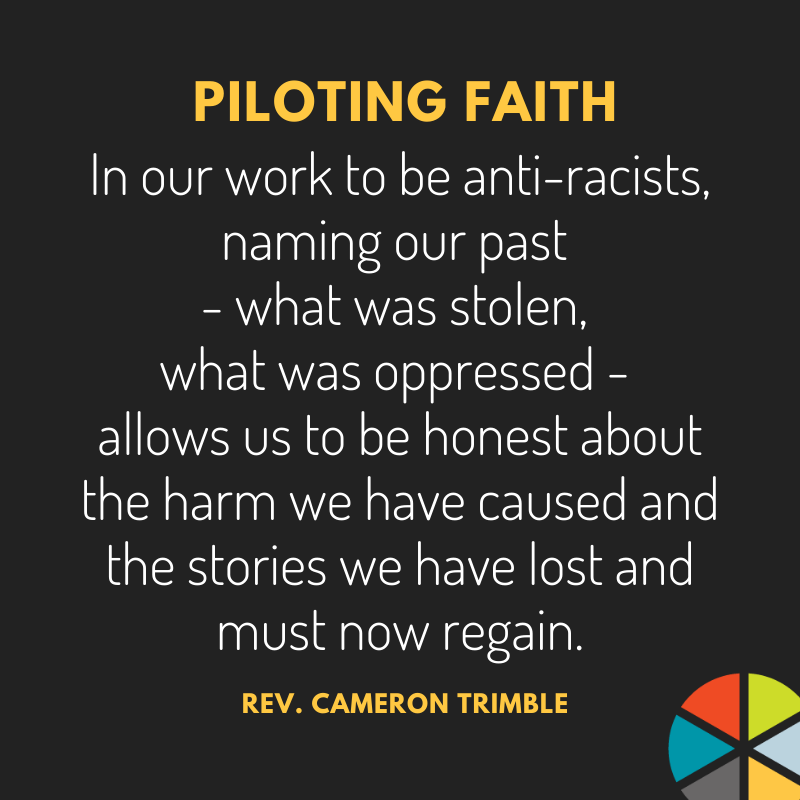Over the weekend I spoke to a group in Canada about this transitional moment in human history and the kinds of innovative opportunities this global disruption has made possible for our institutions and companies. It was a fun, and, I hope, fruitful conversation for everyone involved.
At the beginning of the session, the people in the group went around and offered introductions. Like you, I have sat through what seems like hours of introductions in thousands of meetings. While they are usually interesting, they are rarely teachable moments.
Not this time.
This time, as people were called upon to introduce themselves, they told us their names, where they served, and then what ancestral land they were calling in from. It went something like:
I am Jim. I serve as the regional executive, and I am joining this call today from the ancestral and stolen land of the Tlignit people, today known as British Columbia.
I listened to their introductions with such gratitude for the naming of these forgotten and dismissed stories until I realized…I wasn’t certain who’s ancestral land I was living upon. No one has ever asked, and it never occurred to me to name it. I have lived my entire life not thinking about the history of the land that has sheltered, fed, and shaped me or the tribes and people who had cared for it.
I have never been in a meeting in the United States where people honored this part of our shared history in their introductions. Now I wonder why. Naming our past – what was stolen, what was forgotten – allows us to be honest about the harm we have caused and the stories we have lost and must now regain.
I also learned another important lesson: While I work every day to become more anti-racist, I have a long way to go in that journey. The life experiences that have shaped me have created a biased lens filled with blind spots. I don’t mean harm, but my not knowing, my insensitivity, can create pain both by accident and on purpose. I’ve now learned that when that happens, I offer an apology, learn from the mistake, and try again. I write this wondering if this is true for you as well.
Being community with one another in all of our diversity is messy, but so much more beautiful than we could have imagined. We all have much to learn. I give thanks this day that so many of us are committed to trying, realizing that the only way to build a peaceful and equitable world is to do the hard and beautiful work of story-listening and story-telling together.
Oh, and I am writing this from the stolen ancestral home of the Muscogee Nation forcibly removed from their land as a part of the Trail of Tears. Today we call this land Atlanta.
We are in this together,
Cameron
